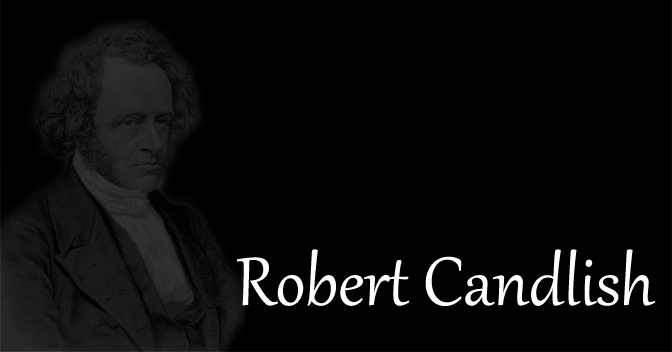“That which we have seen and heard we proclaim also to you, so that you too may have fellowship with us; and indeed our fellowship is with the Father and with his Son Jesus Christ. And we are writing these things so that our joy may be complete.”
1 John 1:3–4
The nature of the fellowship [“with the Father and his Son Jesus Christ”] can be truly known only by experience.
In so far as it can be described, in its conditions, its practical working, and its effects, it is brought out in the whole teaching of [1 John], of which it may be said to be the theme.
But a few particulars may here be indicated:
- That it implies intelligence and insight I need scarcely repeat; such intelligence and insight as the Spirit alone can give. … The notion of [salvation by substitution] is a notion intelligible enough, congenial and welcome enough, to my natural mind. But this is very different from my having fellowship in that matter, even as thus put and thus understood, with the Father and with his Son Jesus Christ. Even while reckoning with reckless confidence on impunity coming to me in virtue of some transaction between the Father and the Son, I may be profoundly and most stupidly indifferent as to what that transaction really is, and what the Father and the Son are to one another in it. In such a state of mind there can be no “fellowship with the Father and with his Son Jesus Christ.”
- There must be faith: personal, appropriating, and assured faith; in order that the intelligence, the insight, may be quickened by a vivid sense of real personal interest and concern. There must be faith: not a vague and doubtful reliance on the chance, one might say, of some sort of deliverance turning up at last, through the mediation of the Son with the Father; but faith identifying me with the Son, and shutting me up into the Son, in that very mediation itself. There can be no fellowship without this faith; it is the ground and means of the fellowship; it is, in fact, the fellowship itself in essence;—in germ, embryo, or seed.
- This fellowship is of a transforming, conforming, assimilating character. … That “eternal life which was with the Father has been manifested to you” in your human nature, that through his dwelling in you by his Spirit,—and so being “revealed in you,”—that human nature may become in you what it was when he made it his. Not otherwise can there be community or identity of interest between him and you.
- It is a fellowship of sympathy. Being of one mind, in this partnership, with the Father and the Son, you are of one heart too. Seeing all things, all persons, and all events, in the light in which the Father and the Son see them, you are affected by them and towards them, as the Father and the Son are. Judging as they judge, you feel as they feel. You do so with reference to all that you come in contact with; all that concerns, or may concern, that great business in which you are partners or fellows, fellow-wishers and fellow-workers, with the Father and the Son.
- The fellowship is one of joy. Intelligence, faith, conformity of mind, sympathy of heart, all culminate in joy; joy in God; entering into the joy of the Lord. For there is joy in heaven.
—Robert S. Candlish
The First Epistle of John Expounded in a Series of Lectures (Edinburgh: Adam and Charles Black, 1877), 10.

Comments are closed